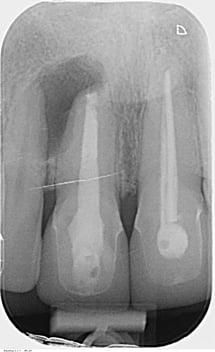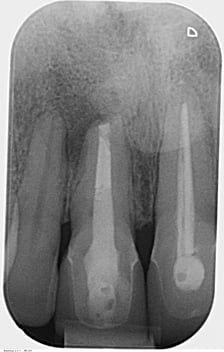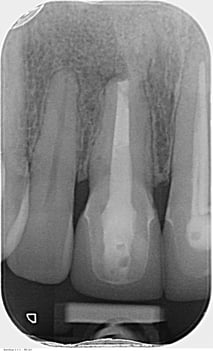When I first started as a senior house officer (SHO) in maxillofacial surgery in 1995 at Queens Medical Centre in Nottingham, my senior registrar was Iain McVicar. In January the following year Iain would become a consultant and I would be his SHO. He taught me many things, but one that I remember mostly is this.
‘If you can do an apicectomy well, you can do any aspect of maxillofacial surgery’. (Paraphrased)
Iain would discuss this concept with me many times during my year at Nottingham. I still often see him. His point was this – an apicectomy procedure defines all aspects of attention to detail, precision and hard and soft tissue management that is required to be a good Oral Surgeon.
This is still true today.
In a world where endodontic treatment is much better and apicectomies are fewer and fewer, it is unfortunate it is a dying art. It is still something that people are aspiring to provide.
So please ask yourself this question, if a patient came into your surgery tomorrow and the obvious treatment was to provide an apicectomy for an upper central incisor, would you be happy to do it?
Would you be excited to do it?
Would you be able to do it?
Would you do it?
If the answer to any of the above questions is no, then you must clearly ask yourself why would you provide an implant in this area, because you may not have the skills available to do that task. Apicectomies were a procedure where a generation of Oral Surgeons ‘cut their teeth’. Gone are the days where we fire off half of the root tip and squeeze an amalgam in at the end. A good apicectomy is a beautiful and therapeutic procedure. One that has huge benefits to patients in terms of retaining actual teeth.
Below are some photographs of a patient I reviewed yesterday who had an apicectomy 18 months ago. It turned out he had a developmental odontogenic cyst. This could not be treated with any amount of endodontics. In fact he had exceptional endodontic treatment carried out. The apicectomy was carried out using a high incision, so it was not to affect the existing crown margins of existing teeth. The specimen was sent to histopathology at Sheffield. I reviewed the patient yesterday where I took the final periapical radiograph that you can see in the sequence. I can tell you he was utterly delighted and so appreciative of the treatment. He has two upper anterior crowns and in time they might be lost but I promise you there is only one place he will come to have them replaced which may not be for another 10 or 20 years. It’s not enough to do the work because it’s high value and generates you money, you must be able to do it.
Blog Post Number - 1316








Leave a comment